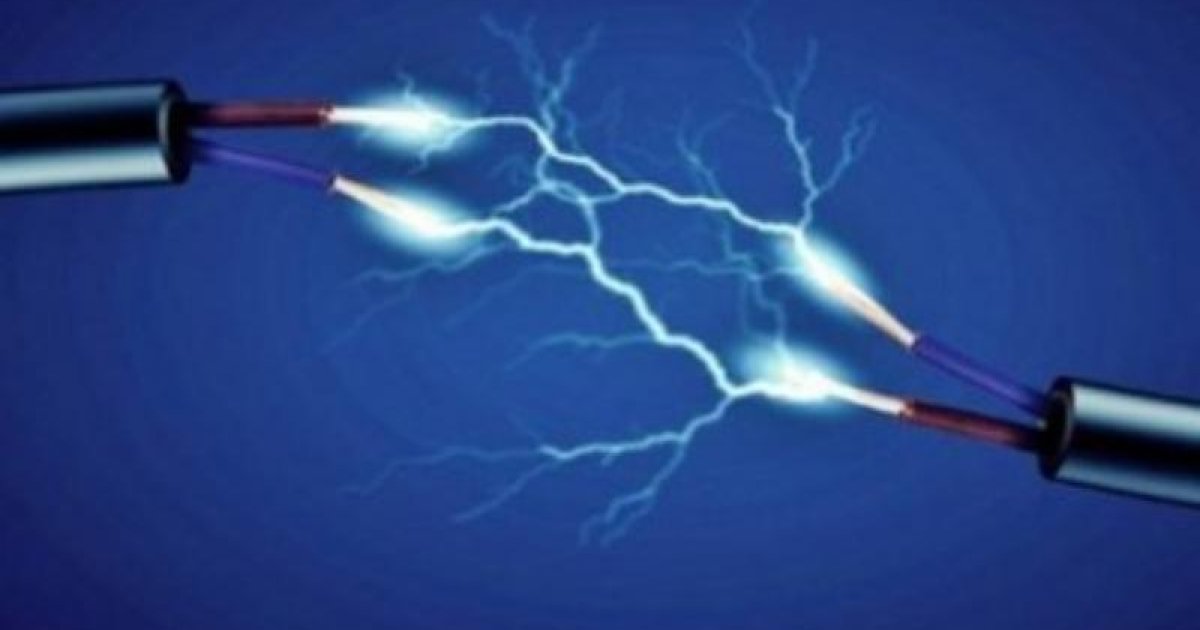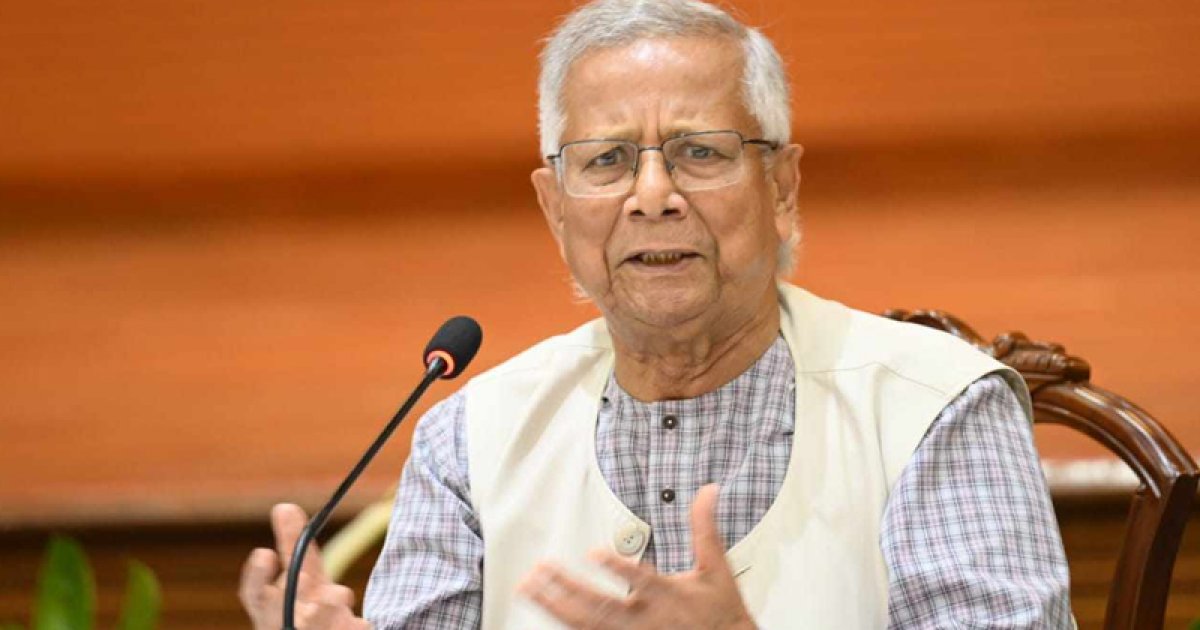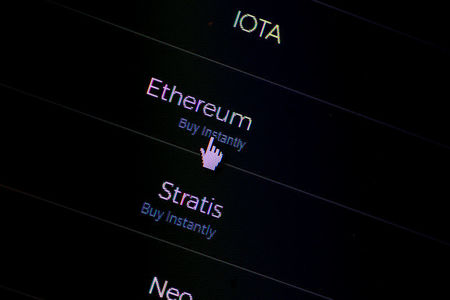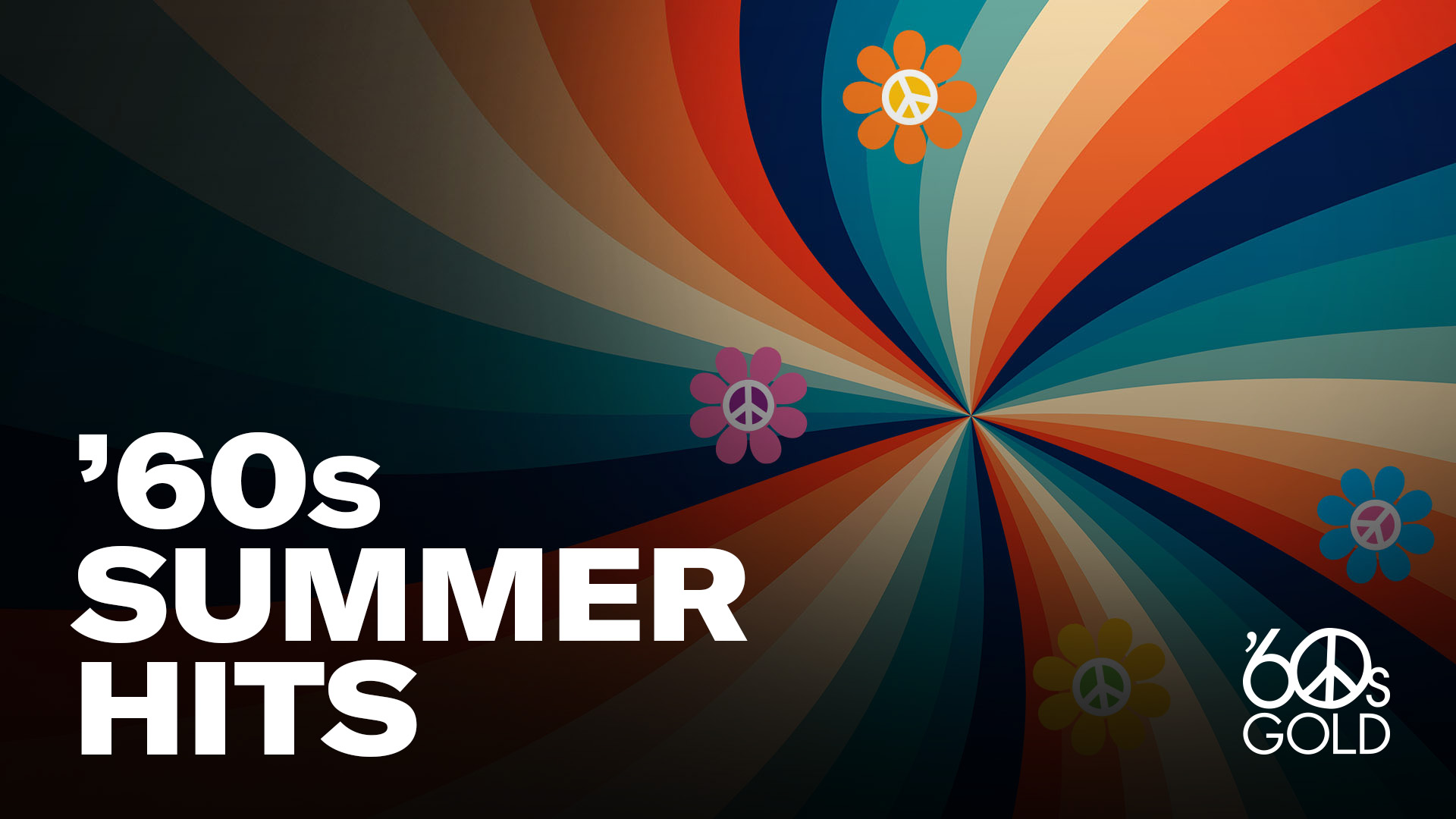NVIDIA’s AI Breakthrough: Robots Outperform Humans in Pen Tricks
The post NVIDIA’s AI Breakthrough: Robots Outperform Humans in Pen Tricks appeared on BitcoinEthereumNews.com. NVIDIA’s groundbreaking developments in artificial intelligence (AI) continue to push the boundaries of what robots can achieve. Their latest creation, Eureka, powered by the advanced GPT-4 model, has demonstrated unparalleled success in training robots to perform an array of complex tasks. With the aid of sophisticated reward algorithms, Eureka has not only surpassed human capabilities in tasks like pen spinning but has also significantly enhanced the overall performance of various robots. Eureka’s training programs, relying on trial and error-based reward mechanisms, have exhibited an astounding 80 percent effectiveness when compared to those developed by human experts. This boost in efficiency has consequently elevated the performance of robots by more than 50 percent, showcasing the tremendous potential of AI-driven learning methodologies in the field of robotics. What sets Eureka apart is its unique ability to self-evaluate and adapt its training strategies based on real-time results, thereby ensuring continuous enhancement and refinement in the robots’ skill acquisition process. Open invitation to explore Eureka’s algorithms and NVIDIA isaac gym NVIDIA Research has taken a proactive step in encouraging the exploration of Eureka’s algorithms by making them publicly accessible. The organization has released a comprehensive library of these cutting-edge algorithms, inviting researchers and enthusiasts to test them out on the NVIDIA Isaac Gym. This physics simulation reference application is specifically designed for reinforcement learning research, providing a robust platform for the advancement of AI-driven robotics. The concept of robots imparting knowledge to their mechanical counterparts is gaining significant traction in the realm of AI research. A recent study published in the Transactions on Machine Learning Research journal highlighted the success of the SKILL (Shared Knowledge Lifelong Learning) system. This innovative approach facilitated the acquisition of 102 distinct skills by AI systems, ranging from medical diagnostics to species identification. By fostering a network of communication,…
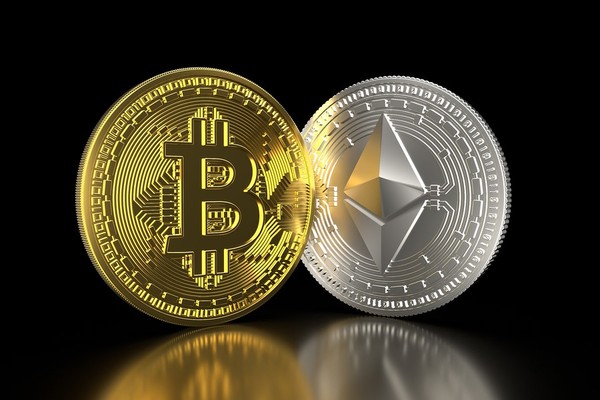
The post NVIDIA’s AI Breakthrough: Robots Outperform Humans in Pen Tricks appeared on BitcoinEthereumNews.com.
NVIDIA’s groundbreaking developments in artificial intelligence (AI) continue to push the boundaries of what robots can achieve. Their latest creation, Eureka, powered by the advanced GPT-4 model, has demonstrated unparalleled success in training robots to perform an array of complex tasks. With the aid of sophisticated reward algorithms, Eureka has not only surpassed human capabilities in tasks like pen spinning but has also significantly enhanced the overall performance of various robots. Eureka’s training programs, relying on trial and error-based reward mechanisms, have exhibited an astounding 80 percent effectiveness when compared to those developed by human experts. This boost in efficiency has consequently elevated the performance of robots by more than 50 percent, showcasing the tremendous potential of AI-driven learning methodologies in the field of robotics. What sets Eureka apart is its unique ability to self-evaluate and adapt its training strategies based on real-time results, thereby ensuring continuous enhancement and refinement in the robots’ skill acquisition process. Open invitation to explore Eureka’s algorithms and NVIDIA isaac gym NVIDIA Research has taken a proactive step in encouraging the exploration of Eureka’s algorithms by making them publicly accessible. The organization has released a comprehensive library of these cutting-edge algorithms, inviting researchers and enthusiasts to test them out on the NVIDIA Isaac Gym. This physics simulation reference application is specifically designed for reinforcement learning research, providing a robust platform for the advancement of AI-driven robotics. The concept of robots imparting knowledge to their mechanical counterparts is gaining significant traction in the realm of AI research. A recent study published in the Transactions on Machine Learning Research journal highlighted the success of the SKILL (Shared Knowledge Lifelong Learning) system. This innovative approach facilitated the acquisition of 102 distinct skills by AI systems, ranging from medical diagnostics to species identification. By fostering a network of communication,…
What's Your Reaction?








